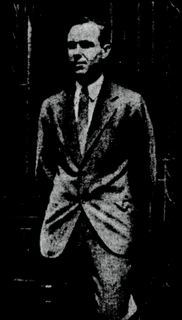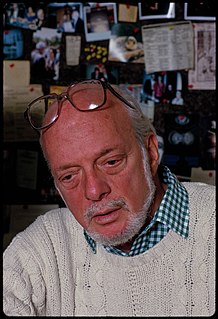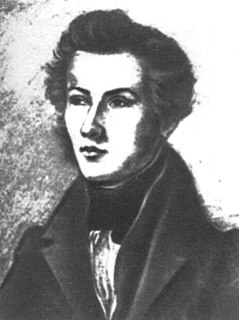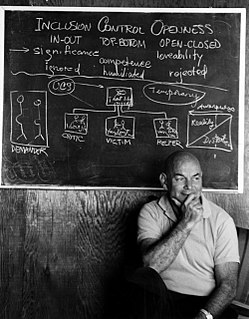A Quote by Pankaj Mishra
It is this capacity for relentless self-criticism that should be - everywhere - the true measure of intellectual freedom and cosmopolitanism, not the entrenched cultural power and self-congratulatory moral rhetoric of some people in countries long accustomed to telling other societies what to do and how to behave.
Related Quotes
I'm fascinated by what makes up a self, how one becomes a self, how much is it an answer to others and how much is it an essence of self. We learn how to be people from other people. Then you think - what's personal freedom? Is self-creation possible? This book is dedicated to a friend of mine who really did re-create herself. I didn't do that - I stayed in the circus and am a circus performer like my parents were. I did what I was raised to do - I'm glad I did but I'm fascinated by the people who managed to do something else. I was always very curious about other people.
You bet I write disaster fiction. We have compiled a disastrous record on this planet, a record of stupidity and absurdity and self-abuse and self-aggrandizement and self-deception and pompousness and self-righteousness and cruelty and indifference beyond what any other species has demonstrated the capacity for, which is the capacity for all the above.
Dissident Natan Sharansky writes that there are two kinds of states - “fear societies” and “free societies.”… The two societies make up two kinds of consciousness. The consciousness derived of oppression is despairing, fatalistic, and fearful of inquiry. It is mistrustful of the self and forced to trust external authority. It is premised on a dearth of self-respect. It is cramped …
In contrast, the consciousness of freedom … is one of expansiveness, trust of the self, and hope. It is a consciousness of limitless inquiry … It builds up in a citizen a wealth of self-respect.
Reason is the true creative power, for it produces itself as Infinite Self-consciousness, and its ongoing creation is...world history. As the only power that exists, Spirit can therefore be determined by nothing other than itself, that is, its essence is Freedom...Freedom is the infinite power of Spirit...Freedom, the only End of Spirit, is also the only End of History, and history is nothing other than Spirit's becoming *conscious* of its Freedom, or the becoming of Real, Free, Infinite Self-consciousness.
How I feel about and behave toward myself is the basic determinant of most of my behavior. If I improve my self-regard, I will find that dozens of behaviors change automatically. If, for example, I increase my feelings of self-competence, I will probably be less defensive, less angered by criticism, less devastated if I do not get a raise, less anxious when I come to work, better able to make decisions, and more able to appreciate and praise other people.





































